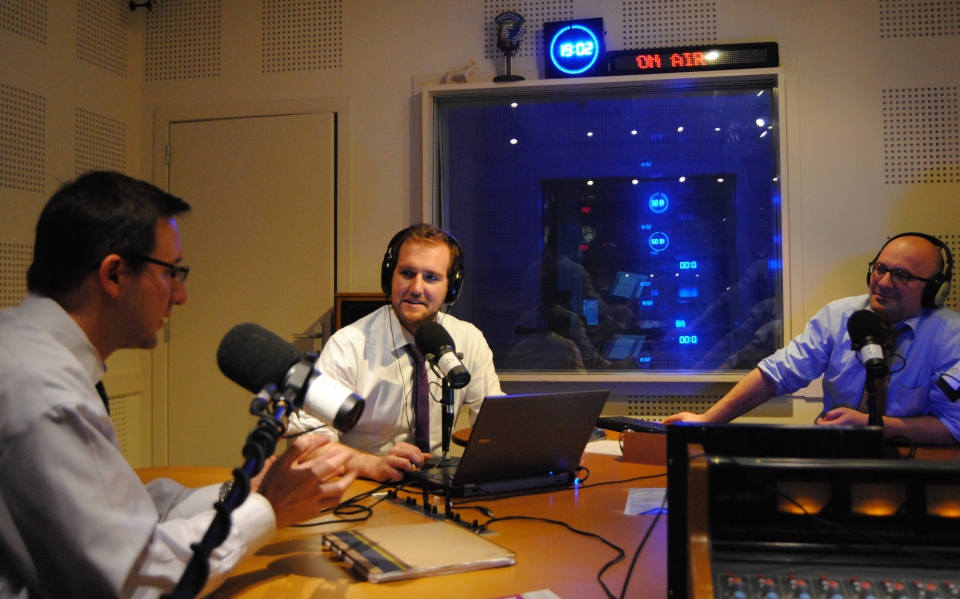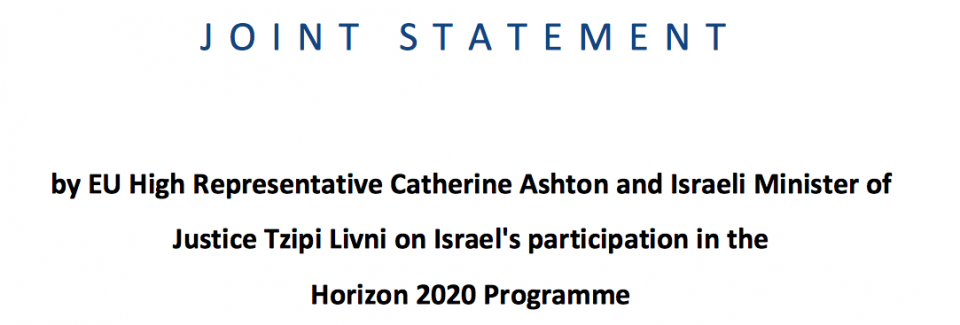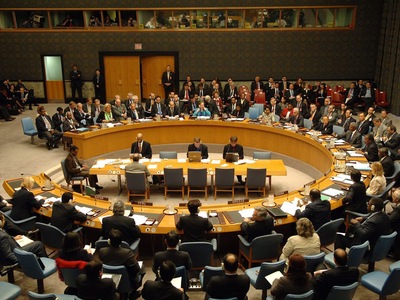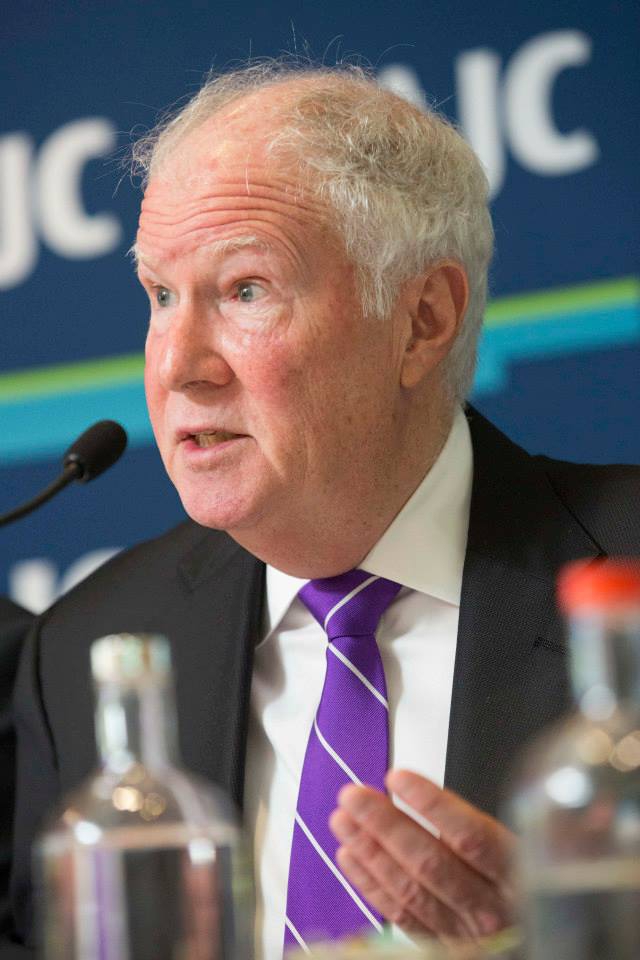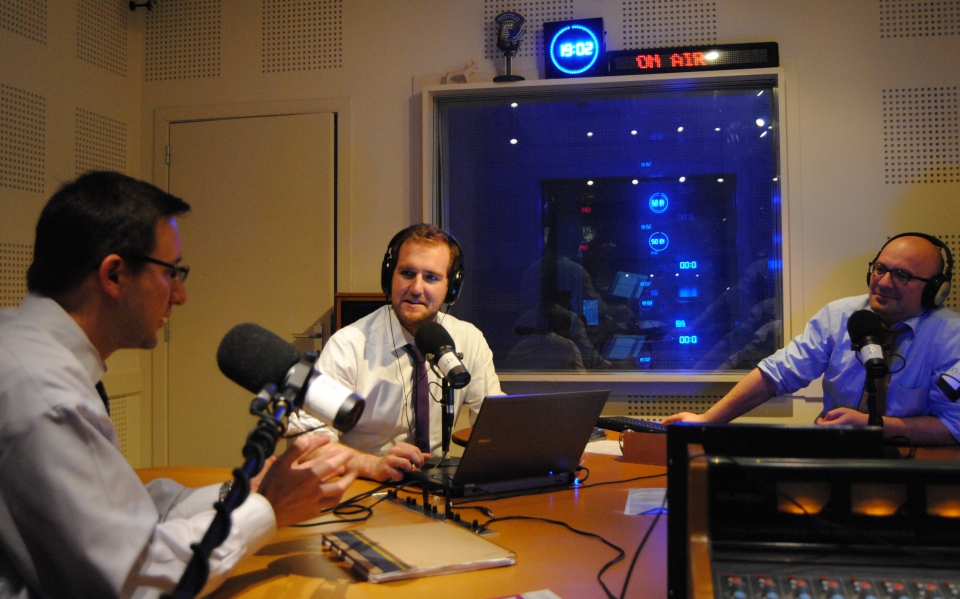Press releases
Palestinian Donor Money Must Not Reward Terrorists
19 March 2013 -- Brussels -- The AJC Transatlantic Institute calls on the European Union and other donors to the Palestinian Authority to investigate how aid is spent to ensure it is not being used to reward terrorists.
The Ad Hoc Liaison Committee (AHLC), which coordinates aid contributions to the Palestinian Authority, meets today in Brussels. Norwegian state broadcaster NRK TV recently reported that the PA is using foreign aid for payments to convicted terrorists in Israeli prisons.
Moreover, the Norwegian Foreign Ministry, according to NRK, “confirms that the amounts increase with the length of the sentence.” NRK said that the Norwegian Foreign Ministry, which previously denied the accusations, now concedes that “information that was first communicated to [Norwegian] Parliament, and which was based on information obtained from the PA at the time, in retrospect, is imprecise.” Norwegian Member of Parliament Peter Gitmark (Conservative) called these payments an “indirect” form of funding terrorism.
“These shocking revelations suggest that the more violent and deadly the crime, the more money the perpetrator receives,” said Daniel Schwammenthal, Director of the AJC Transatlantic Institute in Brussels. “European taxpayers must have absolute certainty that aid to the PA is spent on facilitating peace and not on fuelling the conflict through perverse incentives that reward and encourage terror.”
The EU is the single largest donor to the Palestinians. Thus in December 2012, Syed Kamall, a British Member of the European Parliament, asked the European Commission whether such abuses were taking place with EU funding. While EU High Representative Catherine Ashton assured Mr. Kamall that the EU could “verify the precise destination of every single Euro,” she did not address the questions regarding payments to terrorists.
“Lady Ashton’s failure to answer this critical question is cause for serious concern,” said Schwammenthal. “If the EU is aware of where its aid goes, then Lady Ashton should be able to definitively rule out any abuse of such assistance. Side-stepping Mr. Kamall’s question only raises further suspicion.“
Lady Ashton is hosting the AHLC meeting and Norwegian Foreign Minister Espen Barth Eide will serve as chair. Palestinian Prime Minister Salam Fayyad will also attend the gathering. “Both Lady Ashton and Foreign Minister Eide have an obligation to clarify these grave concerns and with the Palestinian Prime Minister there, the AHLC is the ideal place to do it,” Schwammenthal said.
Reference:
A. NRK TV Report The report by the Norwegian state broadcaster NRK TV can be seen (original language) here.
B. Syed Kamall's Inquiry to the European Commission - 17 December 2012 (here) Question for written answer to the Commission, Rule 117 Syed Kamall (ECR) Subject: EU funding of Palestinian groups I have been contacted by a constituent who is concerned about the use of EU funding by Palestinian groups. He claims that the watchdog organisation Palestinian Media Watch (PMW) alleges that money given in aid to the Palestinians is in fact being given to convicted terrorists. Could the Commission confirm: 1. Whether any of the money given by the EU to the Palestinians ends up in the hands of Palestinian prisoners or those charged with terrorism offences? 2. If so, what is being done to stop this? 3. If money is given to convicted terrorists, does the EU plan to review aid funding to the Palestinian territories?
C. Response of EU High Representative Baroness Catherine Ashton - 22 February 2013 (here) Answer given by High Representative/Vice-President Ashton on behalf of the Commission The allocation of funds to the Palestinian people is decided on an annual basis following the decision of the Budgetary Authority. As part of its bilateral assistance package, the EU provides direct financial support to the recurrent expenditure of the Palestinian Authority (PA). A strict and extensive mechanism of audit and verification is in place which allows the European Union to verify the precise destination of every single Euro committed through the PEGASE Mechanism, including notably a check on each individual potential beneficiary for each payment on a recognised database of terror suspects.
